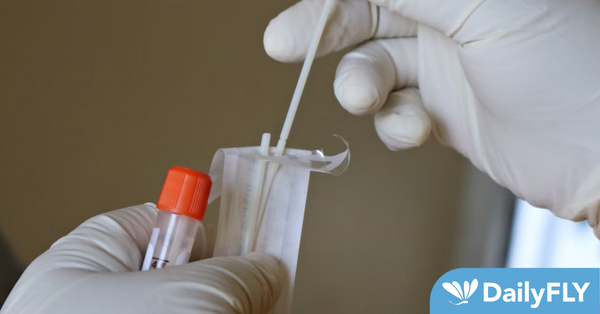Watchdogs told a U.S. House committee that government agencies failed in some cases to take steps to prevent fraud before sending out trillions of dollars in pandemic relief aid.
Testimony before the House Committee on Oversight and Accountability outlined how billions of dollars of taxpayer money was lost to waste, fraud and abuse.
Congress in some cases put provisions into legislation that made programs more susceptible to fraud, such as allowing for self-certification or not using tax transcripts, said Comptroller General of the United States Gene Dodaro. He also said federal agencies knew they had improper payment problems long before the pandemic.
The three biggest pandemic relief programs – the Paycheck Protection Program, the Economic Injury Disaster Loan and the unemployment insurance program – “have shown to be highly susceptible to fraud,” said Michael Horowitz, chairman of the Pandemic Response Accountability Committee. Those three programs account for just under $2 trillion of pandemic spending.
The federal government administered both the Paycheck Protection Program and Economic Injury Disaster Loan. Horowitz said both were hampered by a rush to get the money out quickly. With the unemployment insurance, which is administered by the 50 states, the problem was a lack of coordination among them and the Department of Labor, Horowitz said.
U.S. Rep. Virginia Foxx, R-North Carolina, asked how such large-scale fraud was possible. She cited the Feeding Our Future case in Minnesota. Federal prosecutors indicted 47 people in what federal prosecutors said was the largest COVID-19 fraud scheme in the nation.
Horowitz said some fraud could have been stopped by simply checking if the applicant was a legal entity that existed.
“Was it from an IP address coming from overseas?” he said. “Did names, dates of birth and social security numbers match? That’s an easy check. Were they on the Do-Not-Pay list? There were multiple steps that could have been taken in many of these instances that could have at a minimum hit the pause button and take a second look to make sure they were eligible.”
In the Feeding our Future case, prosecutors charged 47 people for allegedly perpetrating a $250 million fraud scheme that exploited a federally-funded child nutrition program during the pandemic. The defendants were charged with conspiracy, wire fraud, money laundering and bribery for allegedly misappropriating and laundering millions of dollars in program funds that were intended as reimbursements for the cost of serving meals to children, according to the U.S. Department of Justice. Feeding Our Future, a nonprofit, went from distributing about $3.4 million in federal funds in 2019 to nearly $200 million in 2021. Prosecutors allege it did so by submitting false documents to the Minnesota Department of Education, which administers the Federal Child Nutrition Program.
“The defendants also submitted fake attendance rosters purporting to list the names and ages of the children receiving meals at the sites each day. These rosters were fabricated and created using fake names. For example, one roster was created using names from a website called ‘www.listofrandomnames.com,’ according to prosecutors.
Lawmakers passed six COVID-19 relief laws that provided about $4.6 trillion for pandemic response and recovery. Of that, about $4.1 trillion had been spent as of Nov. 30, according to the U.S. Department of the Treasury.

















